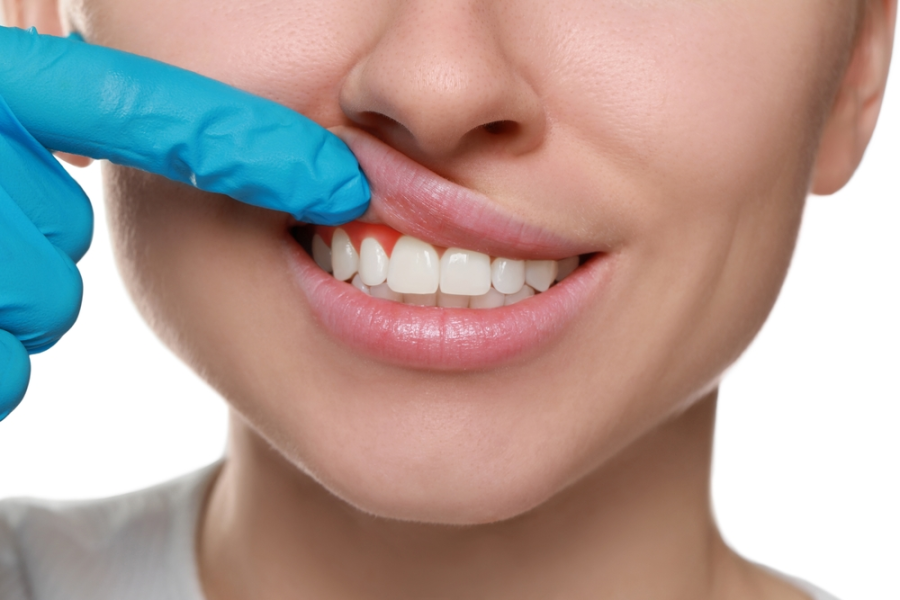Gum diseases are inflammatory conditions and scientific evidence shows that they are related to important systemic health problems such as diabetes mellitus, cardiovascular diseases, or even neurodegenerative diseases.
The 10 Myths About Gum Health
1. Bleeding gums is normal when brushing or flossing.
Bleeding gums when brushing is not normal. It can be the first symptom of gingivitis, a disease that is important to prevent and combat to avoid its development into periodontitis.
2. Gum disease is rare
It is false. These diseases are very prevalent. More than 50% of the population suffers from gingivitis and around 10% suffers from periodontitis.
3. Once you have periodontitis, you will lose your teeth
In its most advanced phase, periodontitis can lead to tooth loss, as it destroys the tissues that support the teeth, but this stage can be avoided with early diagnosis. With comprehensive oral care and regular visits to the dentist, we can reach old age with all our teeth.
4. Bad breath is only related to poor oral hygiene
Bad breath can be caused by several factors. In most cases, it is caused by plaque buildup or gum disease, but there are also causes outside the mouth, such as liver disease.
5. Using hard toothbrushes is better for cleaning teeth and gums.
The hardness of the brush must respond to the needs of each person and their oral conditions. In case of doubt, it is better to choose brushes of medium and soft hardness.
6. Only older adults suffer from gum disease
Gum health is closely related to general health, not necessarily to age. 75% of people between 35 and 45 years old and more than half of teenagers over 15 years old suffer from gingivitis.
7. Gum health is not related to chronic diseases
False. There is an increasingly established relationship between oral diseases and pathologies as relevant as diabetes, cardiovascular diseases, and even Alzheimer’s, among others. Prevention and oral hygiene throughout life are critical, hence the importance of undertaking a multidisciplinary approach to oral health.

